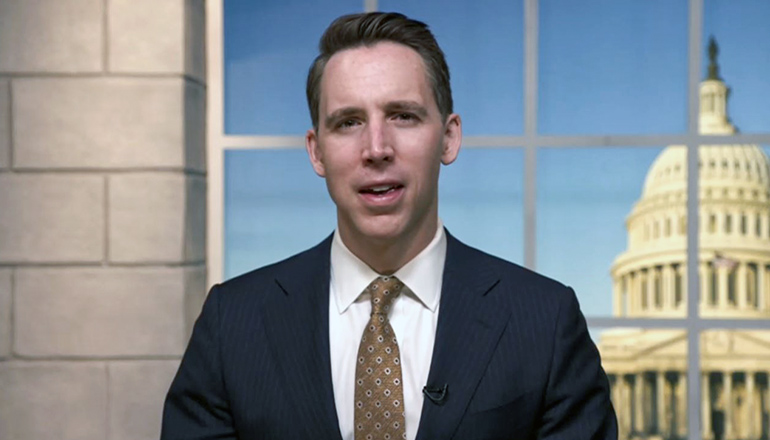U.S. Senator Josh Hawley (R-Mo.) introduced the PROTECT Act of 2022, which protects children from sexual exploitation by enhancing the penalties for possessing child pornography and by preventing judges from sentencing offenders below federal guidelines. The bill is co-sponsored by Senators Mike Lee (R-Utah), Rick Scott (R-Fla.), and Thom Tillis (R-N.C.). Representative Ken Buck (CO-4) is introducing companion legislation in the House of Representatives.
The epidemic of child pornography in the United States is growing exponentially. Just over a decade ago, the number of images of child sexual abuse material online was less than 1 million. That number grew to 45 million in 2018, and 85 million in 2021.
By federal statute, judges are required to sentence criminals within ranges set by the federal “Sentencing Guidelines,” subject to some exceptions. In 2003, Congress passed the original PROTECT Act to curtail the exceptions—and enhance the penalties—in child pornography cases.
The PROTECT Act worked. But the Supreme Court gutted it in 2005, in United States v. Booker, a controversial 5-4 decision. Since then, some federal judges like Ketanji Brown Jackson have used their discretion to impose lenient sentences on child porn offenders. Sen. Hawley’s bill would prevent judges from doing so in the future.
“The horror of child pornography is exponentially worse than it was a decade ago, and judges handing out lenient sentences for these criminals is a big reason why,” said Senator Hawley. “While the White House continues to dismiss concerns about leniency toward child porn offenders as a ‘desperate conspiracy theory,’ the numbers speak for themselves. Congress must act before this problem becomes even worse.”
The PROTECT Act of 2022 would:
- Enhance the penalties for possessing child pornography. Federal law imposes a 5-year mandatory minimum for receiving child pornography but not for possessing it. There is no meaningful difference between possession and receipt. This change will align the penalties and apply a 5-year mandatory minimum to both offenses to ensure that every child pornography offender goes to jail.
- Make the Guidelines binding again. The Supreme Court declared in United States v. Booker that the Guidelines cannot be binding if based on facts found by a judge after trial. This bill would prohibit judges from sentencing below the Guidelines range for facts found during trial or admitted by the defendant. This change will ensure that judges impose tougher sentences on child pornography offenders.
View legislative text for the PROTECT Act of 2022 here.






